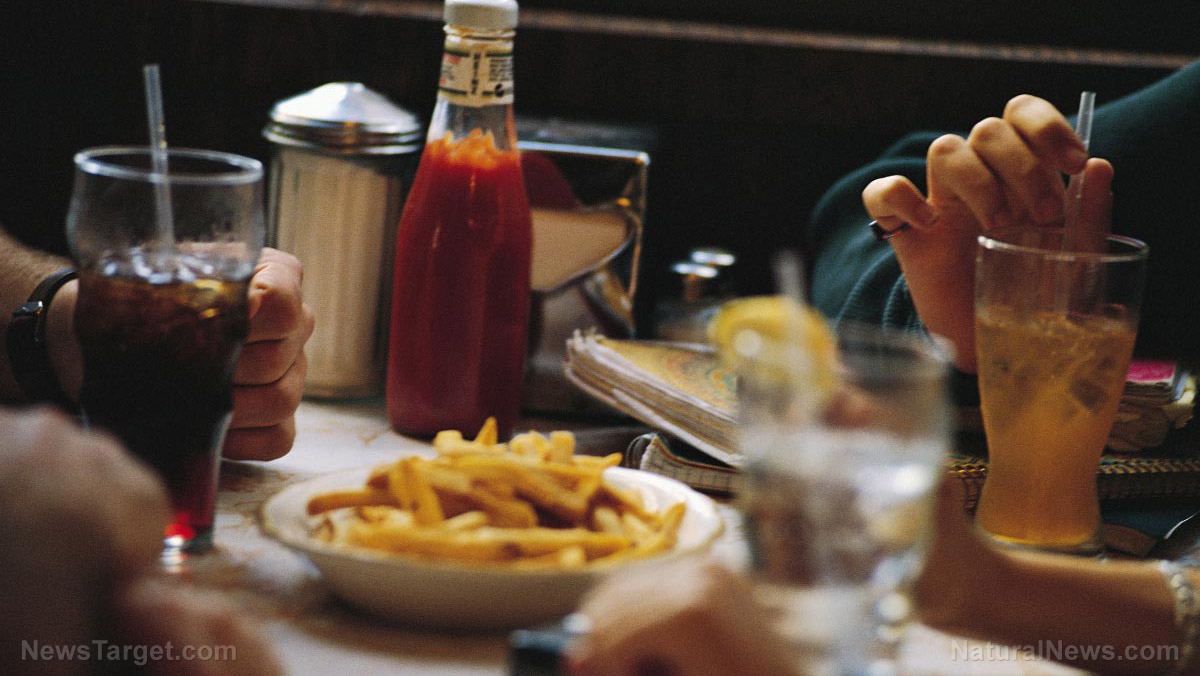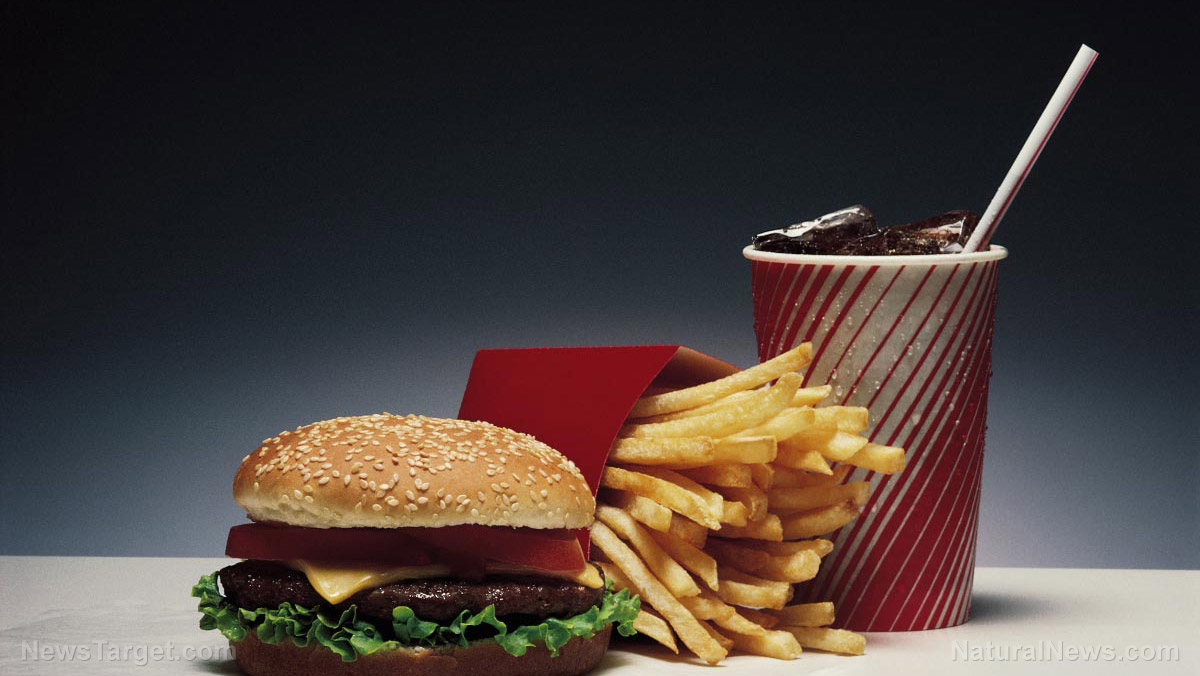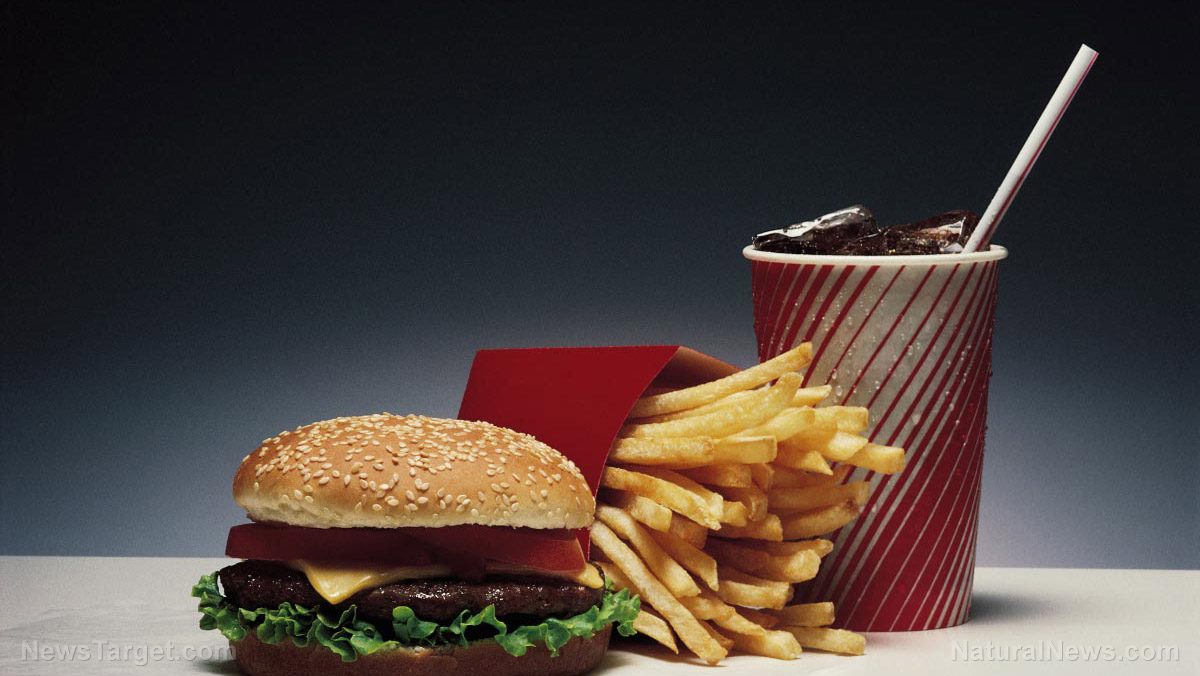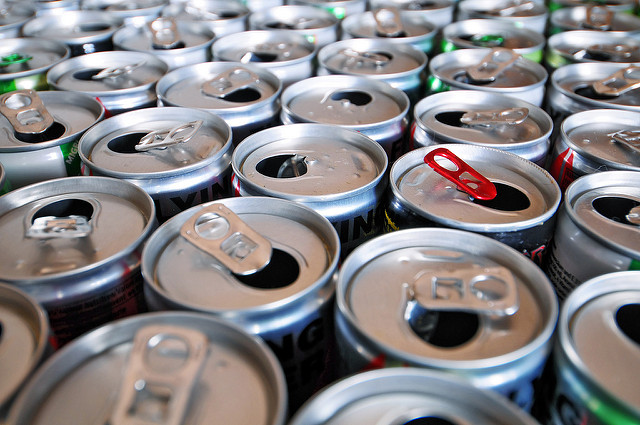Starting small: Environmentalists call for bans on plastic straws to reduce environmental pollution
05/23/2018 / By Edsel Cook
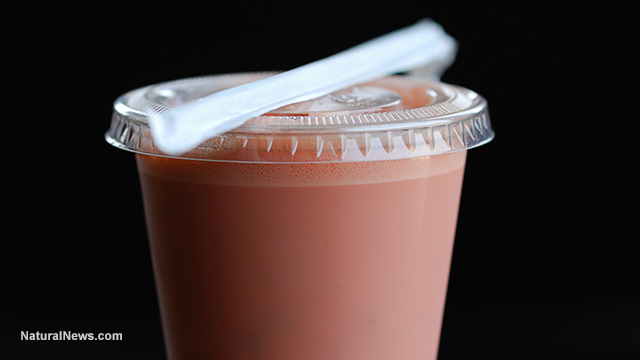
Environmentalists around the world are aware that banning plastic straws and stirrers will only reduce the world’s plastic pollution by a small margin. An article in the Associated Press states they are willing to start with those small items as a symbol of greater reductions to come.
Faced with Mexico-sized islands of plastic pollution adrift in the oceans, cities and nations are planning to forbid the use of widely-used single-use straws and stirrers. But experts warn that the plastic problem is much larger than those tiny items.
Australian researchers Denise Hardesty and Chris Wilcox looked up the amount of trash gathered by coastal clean-up efforts in the U.S. during five years. They estimated U.S. beaches alone have close to 7.5 million plastic straws. (Related: Taiwan to ban all disposable plastic items by 2030.)
The worldwide total could range anywhere from 437 million to 8.3 billion pieces. It’s no wonder Seattle, Miami Beach, and several other U.S. cities have banned plastic straws and similar products like coffee stirrers and cotton swabs.
In April 2018, U.K. Prime Minister Theresa May urged the members of the Commonwealth of Nations to think about following the example of those U.S. cities. By May of that same year, McDonald’s U.K. started offering paper straws in several of its stores. All plastic straws will be stored behind the counters and will need a direct request.
“Together with our customers we can do our bit for the environment and use fewer straws,” said Paul Pomroy, the CEO of McDonald’s U.K.
Banning plastic straws is just a start and a good symbol
However, straws are just one of the numerous types of plastic trash that clog our seas. They account for four percent of the total plastic trash if you count them individually.
But the average straw only weighs 0.42 grams. Put all the billions of straws together, and you get a total of 2,000 tons of plastic.
Professor Jenna Jambeck of the University of Georgia (UGA) released a famous 2015 study on plastics. The environmental engineer warned that almost 9 million tons (8 million metric tons) of plastic are dumped into the coastlines and oceans of the world every year.
That’s just the pollution in or near the water. The human race churns out plastic trash in excess of 35 million tons (nearly 32 million metric tons) on an annual basis.
If those numbers are too impersonal for you, National Oceanic and Atmospheric Administration (NOAA) researcher Sherry Lippiatt said we are replacing every pound of juicy tuna we take from the ocean with two pounds of toxic plastics.
“Bans can play a role,” said researcher Kara Lavendar Law, who helped Jambeck pen the shocking 2015 Science study. “We are not going to solve the problem by banning straws.”
Environmentalists want to ban all single-use plastics, collect and recycle plastic waste
Advocacy group 5 Gyres’ founder Marcus Eriksen stressed that banning all types of single-use plastics would make a much bigger impact on the environment. He likened human cities to smokestacks that pumped microplastic “smog” into the oceans.
Eriksen wants to make single-use plastics a cultural taboo, much like how people frown at smokers who indulge themselves in public.
Steve Russell of the American Chemistry Council believed the best way to solve ocean plastic pollution is to keep plastics from ever reaching the sea. He advocates building waste collection facilities and recycling infrastructure that could turn plastic garbage into useful products.
It’s telling that Jambeck remained upbeat about humans’ chances of beating plastic waste pollution despite the sobering findings of her study.
“We can do this. I have faith in humans,” she encouraged.
Find out what part you can play in reducing the oceans’ plastic pollution at Pollution.news.
Sources include:
Tagged Under: cotton swabs, Ecology, environ, fast food, garbage, McDonald's, microplastics, plastic garbage, plastic straws, plastic waste, single-use plastics, smoking



